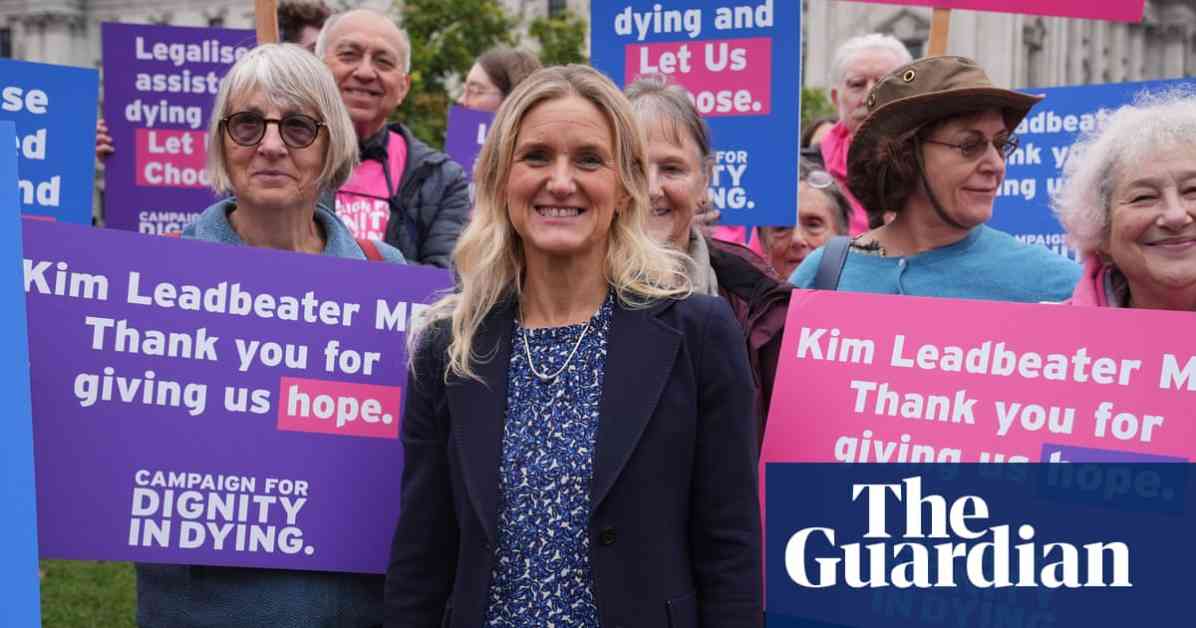MPs are on the verge of making a historic decision on whether to legalize assisted dying for individuals with less than six months to live. The private member’s bill, introduced by Labour backbencher Kim Leadbeater, will be deliberated upon in the House of Commons starting at 9.30 am, with a vote anticipated around 2.30 pm. Over 160 MPs are slated to speak during the five-hour debate, each having a free vote on the bill’s provisions.
This proposed legislation would allow assisted dying for those with terminal illnesses and a life expectancy of less than six months, provided they receive approval from two doctors and a high court judge. It is crucial that individuals have the mental capacity to decide about their end-of-life choices and have expressed a clear, informed wish to end their lives without any form of coercion or pressure.
With emotions running high on both sides of the debate, campaigners for and against assisted dying have noted that the outcome is too close to predict. The issue of assisted dying has not been considered by the House of Commons for nearly ten years, with the last vote taking place in 2015 and resulting in rejection by MPs. A bill was also introduced in the House of Lords in 2022, reaching a second reading.
Key political figures, such as Keir Starmer, Liz Kendall, Ed Miliband, Wes Streeting, and Shabana Mahmood, have indicated their stance on the bill. Leadbeater, the bill’s proponent, has emphasized the importance of bodily autonomy and likened the fight for assisted dying to the women’s rights movement advocating for abortion rights.
In preparation for the potential implementation of the bill, civil servants and ministers will commence detailed work to assess its impact. While amendments could be made during the bill’s consideration, it will retain its status as a private member’s bill rather than a government-sponsored one. Proponents and opponents of the bill are gearing up for counter rallies to voice their perspectives.
Despite the impending vote, approximately 100 MPs are reportedly undecided, with some expected to abstain or make a decision during the parliamentary session. Critics of the bill have raised concerns about the truncated debate time in the Commons due to its private member’s bill nature. As the discussion unfolds, the fate of assisted dying legislation hangs in the balance, awaiting the verdict of UK lawmakers.












